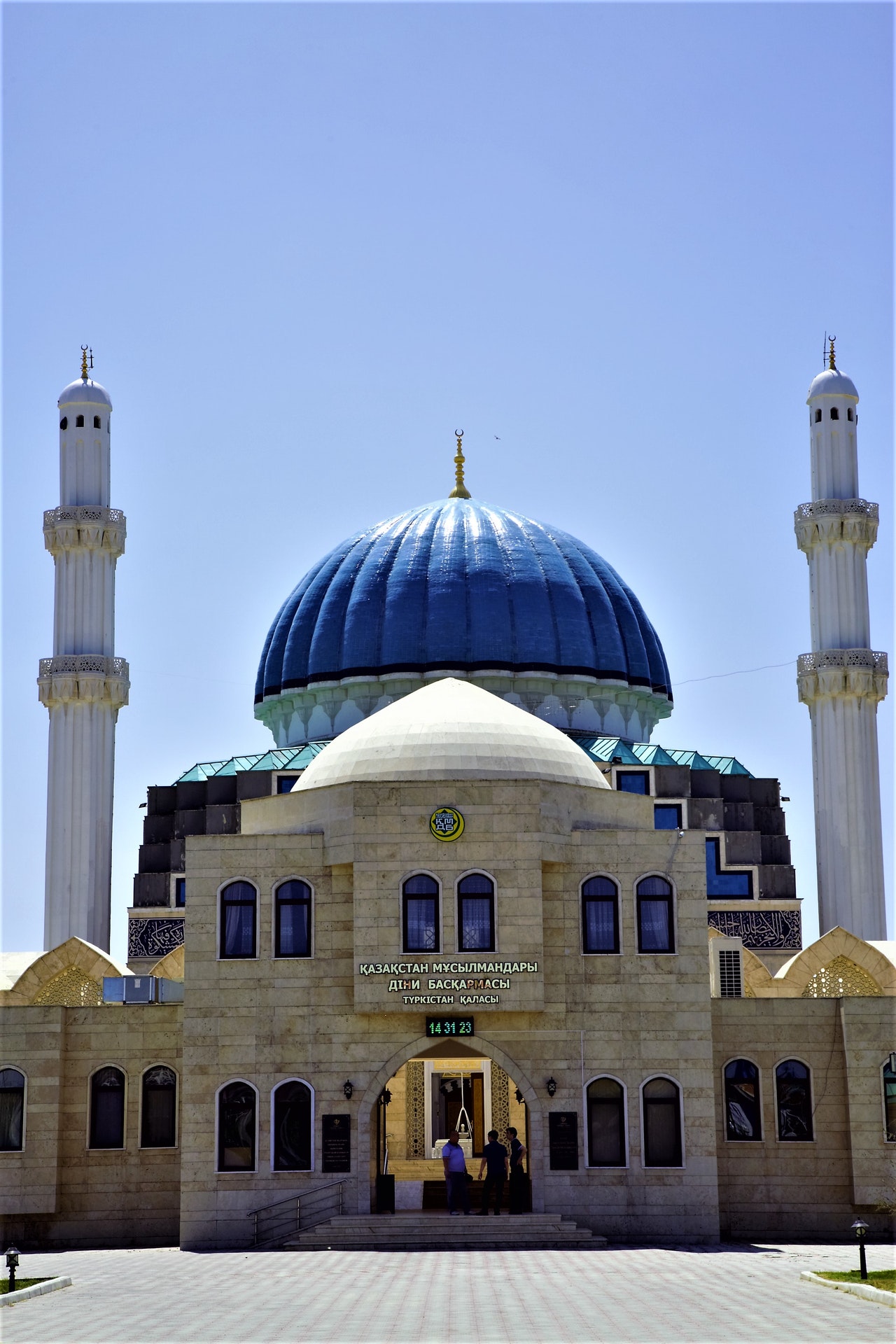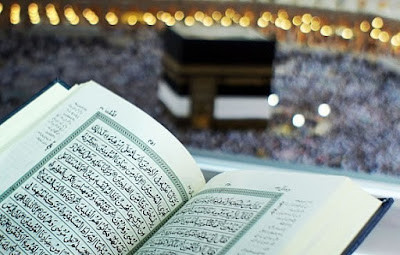Current Section: model

Lesson Endowment
Some of those whom Allah has blessed with riches and ease want to make some of their money - where the initial capital remains intact and the benefit continues - as an endowment from which the proceeds on used on charitable causes. In order to obtain good deeds during their lives and after death, and through the endowment great benefit is derived to help those in need.

It is the withholding of initial capital, and the channeling of the proceeds that are made from it, seeking by that the reward of Allah.

The Ruling of Endowments
An endowment is desirable, and it is one of the best forms of charity, and among the noblest of acts of drawing closer to Allah, righteousness, and showing kindness. It is a way of benefitting a wide range of people and the most beneficial of them, due to the fact that a person's good actions do not stop once he has died.
The Wisdom of Endowments
Allah has prescribed endowments because of the many benefits it contains for the religion, and in this life and the next. The servant of Allah maximizes his reward by endowing his money for the sake of Allah and his good deeds continue even after his death, while at the same time, it brings the community closer together.
It is one of the best forms of charity because it is an ongoing charity that covers many aspects of righteousness and kindness.
Allah says: (You will never achieve righteousness until you donate some of what you cherish. And whatever you give is certainly well known to Allah.) [Al-Imran:92]
Ibn Umar reported that When `Umar got a piece of land in Khaibar, he came to the Prophet ﷺ saying, "I have got a piece of land, better than which I have never got. So what do you advise me regarding it?" The Prophet ﷺ said: «If you wish you can keep it as an endowment to be used for charitable purposes.» So, `Umar gave the land in charity (i.e. as an endowment on the condition that the land would neither be sold nor given as a present, nor bequeathed, (and its yield) would be used for the poor, the kinsmen, the emancipation of slaves, Jihad, and for guests and travelers; and its administrator could eat in a reasonable just manner, and he also could feed his friends without intending to be wealthy by its means." (Al-Bukhari, 2772, Muslim, 1632)
Types of Endowment
For example, a person endows a mosque, a school for students of knowledge, or a house for the weak, the poor, orphans, widows, and so on.

To build a house and make it an endowment for his heirs, or he endows a farm and allocates its yield to them.

The endowment takes place and is valid in one of two ways:
Conditions of Endowments
The endowment does not have a specific amount, but it varies according to people’s conditions in terms of wealth and capacity. Whoever is rich and has no heir, can endow all his money, and whoever is rich and has heirs may endow some of the money, and leave the rest to the heirs.
The endowment is permanent and perpetual for the sake of Allah and there is no limit to its duration. Whoever endowed a land, house, or farm for Allah has left his possession and disposal. It can not be sold, donated, inherited, or retrieved, and the heirs have no right to sell it. Because it is no longer part of the estate of the inheritor.
And if a person utters the wording for endowments, or the endower does something that indicates the endowment, then the endowment becomes binding, and the endowment, to be valid, does not require the one being endowed to accept. Nor is the permission of the ruler required, and if the endowment is established, it is not permissible to dispose of it in a way that removes it from its description as an endowment.
And Allah, Blessed, and Exalted be He, is pure and does not accept anything other than pure. So if a Muslim wants to endow something to seek the pleasure of Allah, then it is better for him to choose the best of his wealth, the most valuable and beloved of it to Him, and that is from complete righteousness and benevolence.
The best aspects of endowments are those whose benefit extends to Muslims at all times and places, such as endowments for mosques, students of knowledge, those who strive for the cause of Allah, relatives, the poor and weak Muslims, and the like.





